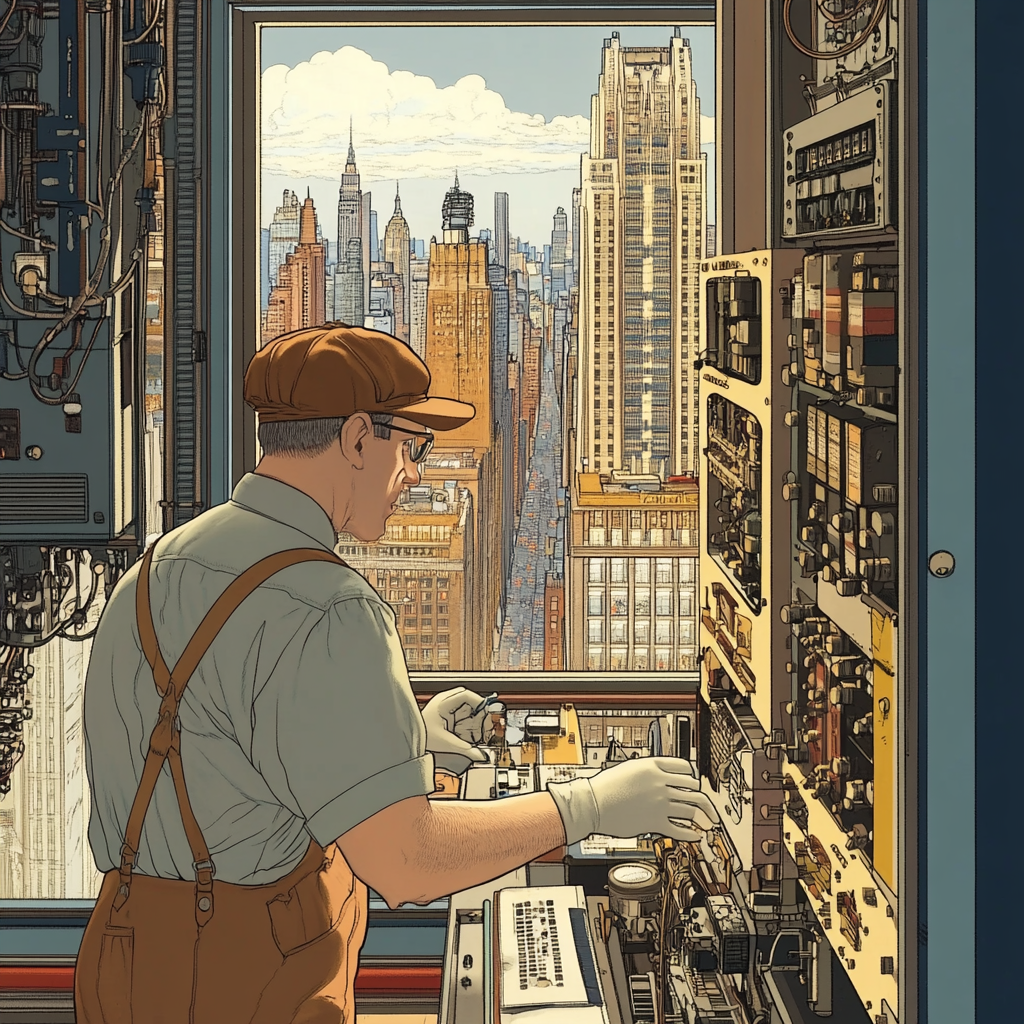Week Seven: Resource Reflection
Readings:
Quiet quitting is a new name for an old method of industrial action (Lord)
Quote: “The quiet quitting approach has a far more personal and psychological attitude, tied to workers’ individual desire for good mental health . Psychologists argue that this approach to work can salve burnout, set healthy boundaries, build a sense of control and help people prioritize what really matters.“
Reflection: I spent many, many years working hard. And through it I enjoyed a lot of professional success. I spoke at conferences all over the world, and got to meet and work with some incredible people. But after a while I got sick. Really sick. And my body just shut down. While I thought I just needed a few days off, it actually turned out to be a diagnosis of stomach cancer, which completely reframed my relationship to work. I was forced to immediately stop working, and had to shift to an extreme focus on recovering and attempting to become a survivor. I made it, but work was, and is, never the same. I never worked as hard again, and when there have been prolonged stressful situations, I’ve been aware enough to walk away and take care of myself as a priority. This is never easy, but I’m surrounded by a great group of friends and family who are always keen to remind me to go to the doctor. I’ve burned out twice in my career, and it was intensely unpleasant both times. My body collapsed, my health dramatically declined, and I moved far away from the person I wanted to be. Thankfully I have some distance on it all now, but I’m still prone to undue anxiety, and my relationship to work is one also firmly held at a distance.
The Hustle Economy (McMillan Cottom)
Quote: “In lay terms, economic opportunity in the future of work looks like hustling. Hustling traditionally refers to income-generating activities that occur in the informal economy. It has also become synonymous with a type of job-adjacent work.“
Reflection: I have a lot of empathy with this, and over the past couple of years, have quietly been building a side-hustle of creative generative artificial intelligence work, which can be found at https://www.artificialmatt.com/ and https://www.instagram.com/artificialmatt/. When I really lean into this, I’m able to generate sales of my work, which has been intensely rewarding, but it’s very, very time consuming, and especially when paired with trying to grow a presence on Instagram (I currently have 36k+ followers), there’s a feeling of being on a digital treadmill which is far from hedonic. The work is fun, and it’s been a necessary creative outlet alongside school and (actual) work, and I’m proud of the large body of work I’ve been able to create. Along the way there have been enquiries from film production companies to help with pre-visualization efforts, but nothing material. Ultimately I see this kind of effort as a big online net with which to catch opportunities, and the bigger I can cast that net, the more, and better opportunities I can generate. When school ends I don’t know that I’ll do more of this, as much of this work is beginning to transition into illustrating the stories I’m writing. For example I was recently published at https://www.culdesacofblood.com/matt-shadbolt-1 which blends together generative imagery with written story.
Videos:
Accenture CEO Julie Sweet on the Most Important Skill Job Seekers Need Today
Quote: “Sometimes we call the future phygital. Physical and digital.“
Reflection: While this quote can seem completely obvious, it’s framed within the context of the return to office conversation, something which continues to be contentious for many organizations. I have mixed feelings about it. While I feel I have greatly benefitted from the time clawed back from not commuting any more, the majority of my work at Penn has been able to be completed because of this. And while I enjoy working together in person, I also find I have significantly less stamina than I ever had working five days a week in person. However did I do that?! I really enjoy the people I work with, but the days can feel long, and it’s primarily due to the 45 minute commute either way I have at the start and finish of the work day, which at times can be pretty grueling. Will I feel better after I graduate and I’m not so beholden to as many early mornings and late night as the past four years have required? Perhaps. But it’s more than that. I want to keep going with my academic work, and I have a rhythm of working at home I’ve become very comfortable (and productive) with. The risk here is to settle back into days of extreme work routine, which was one of the core motivations to avoid in coming to Penn.

























